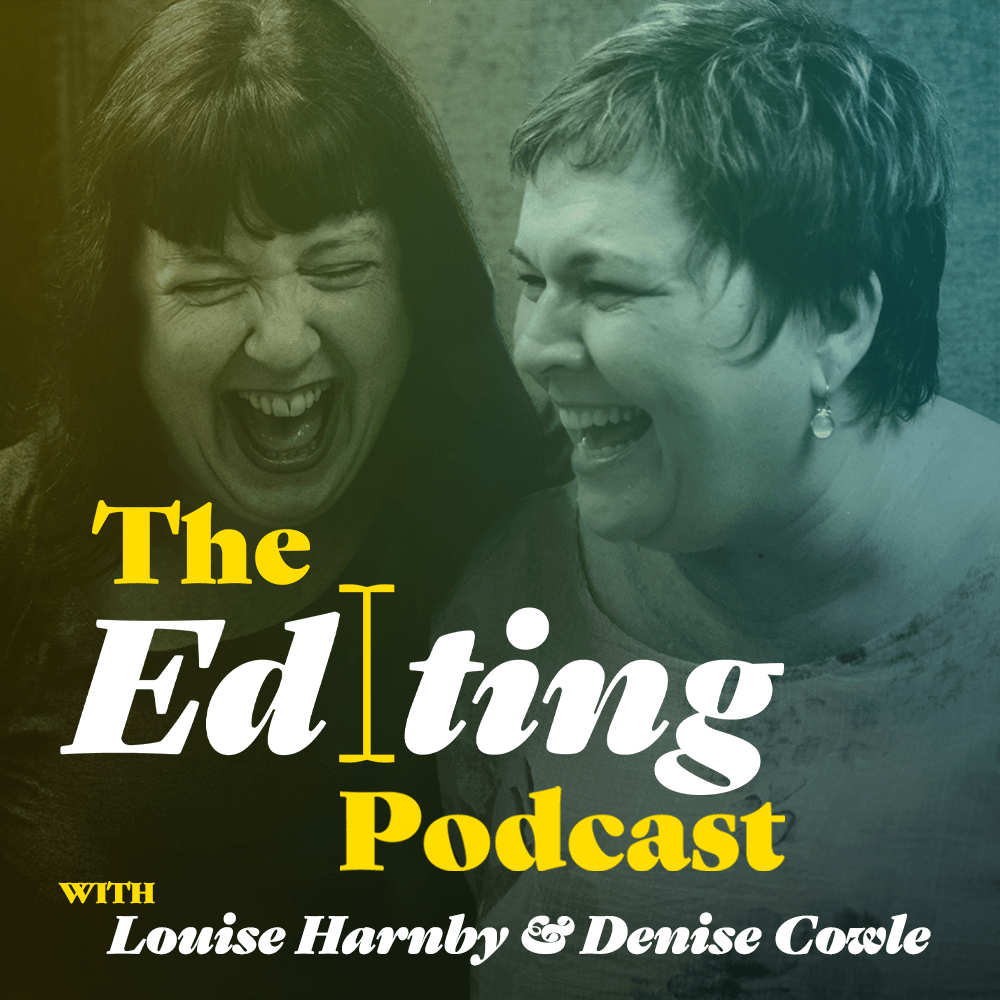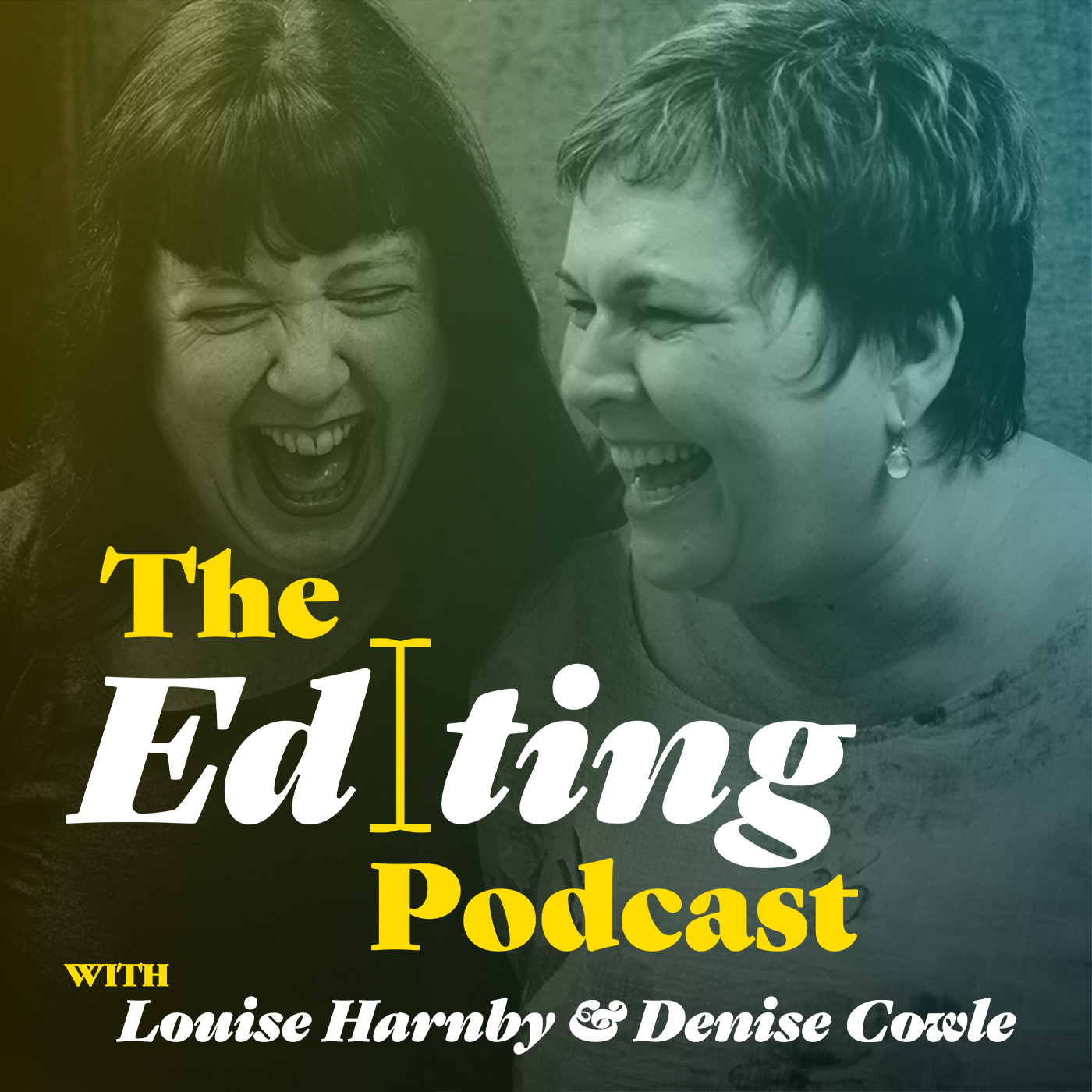Copyediting and the fact-checking process
Denise and Louise talk to Laura Poole, a professional copyeditor who specializes in working with university presses on scholarly non-fiction, mainly in the humanities. Laura discusses the importance of fact checking.
Listen to find out more about:
- What a copyediting service includes
- When fact checking takes place in the editorial process
- Fiction: place names, historical accuracy, idiom, dates, etymology
- Non-fiction: people names, obscure terms, place names, dates, protecting author reputation
- Differences between spot checking and fact checking
- Fact checking for consistency across series
- Print versus digital: preventing reputational damage in the long term
- Tools for fact checking
- Who’s responsible for fact checking?
- Effective and sensitive querying of facts in non-fiction
- Artistic licence with facts in fiction
Mentioned in the show:
- Laura Poole, Archer Editorial: https://www.sfep.org.uk/directory/laura-poole and https://www.linkedin.com/in/laurapoole/
- Tool: Internet Movie Database (IMDb): https://www.imdb.com/
- Tool: The Historical Thesaurus of English: https://ht.ac.uk/
- Tool: Google Ngram Viewer: https://books.google.com/ngrams
- Tool: CIA – The World Factbook: https://www.cia.gov/library/publications/the-world-factbook/
- Tool: The New Food Lover's Companion (Barron's Cooking Guide)
- Tool: The Art of Firearms in Fiction: https://www.louiseharnbyproofreader.com/the-art-of-firearms-in-fiction.html
Denise and Louise
- Denise Cowle Editorial Services (non-fiction)
- Louise Harnby | Proofreader & Copyeditor (fiction)
Music credit
‘Vivacity’ Kevin MacLeod (incompetech.com). Licensed under Creative Commons: By Attribution 3.0 License

